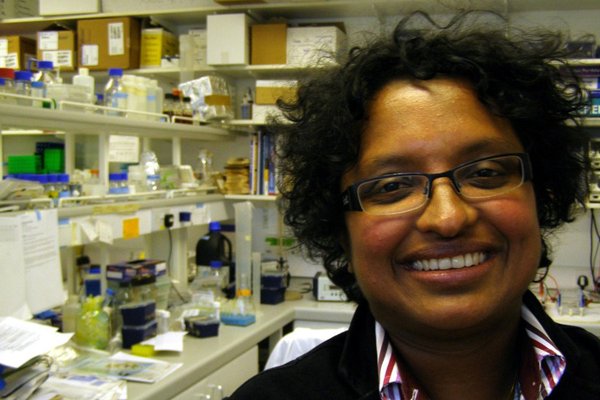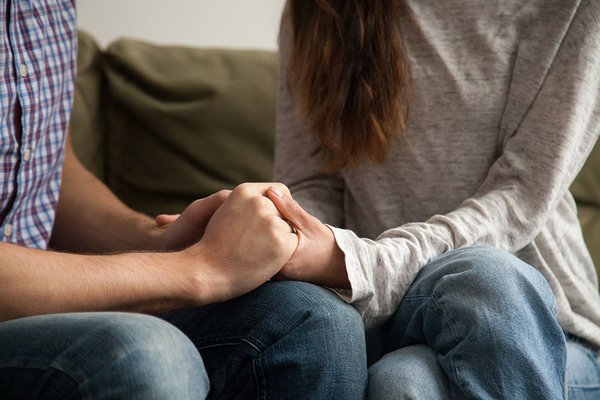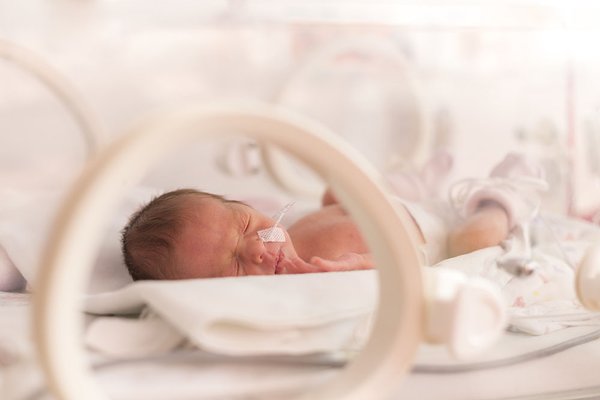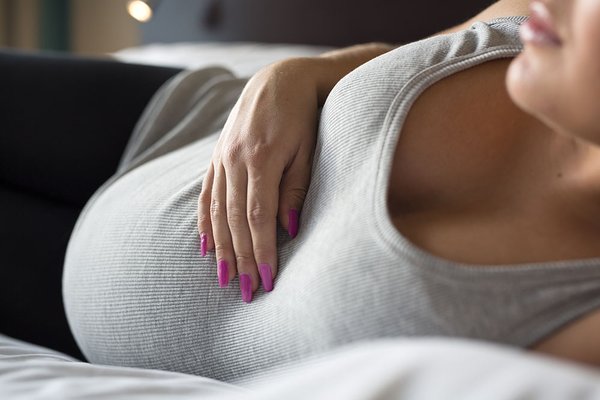
Is this a better way to test for ectopic pregnancy?
Wellbeing of Women has awarded Professor Dharani K. Hapangama £197,039 to develop a new non-invasive, quick test for this life-threatening condition
An ectopic pregnancy is when a fertilised egg implants itself outside the womb. Sadly, it is not possible to save an ectopic pregnancy. If left untreated an ectopic pregnancy can be life threatening.

A miscarriage is a pregnancy loss before 24 weeks of pregnancy.

Premature birth is when you give birth early - before you’re 37 weeks pregnant. It is also called preterm birth or premature labour. Some people have a higher chance of an early birth. Support is available if your baby’s born early.

It’s common to have mental health problems during or after pregnancy. Your midwife or doctor is there to support you. There are also ways to look after your own wellbeing.